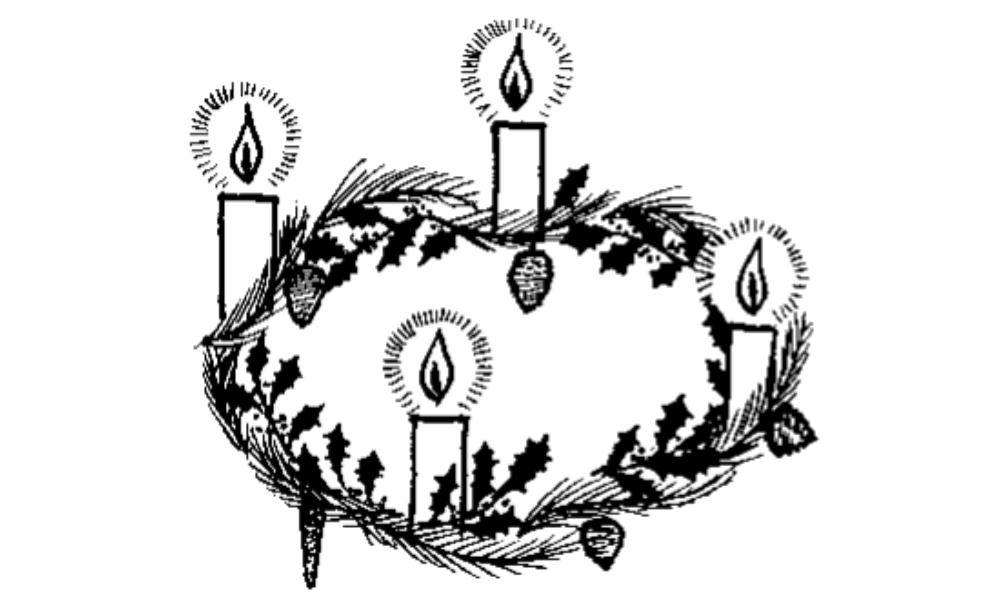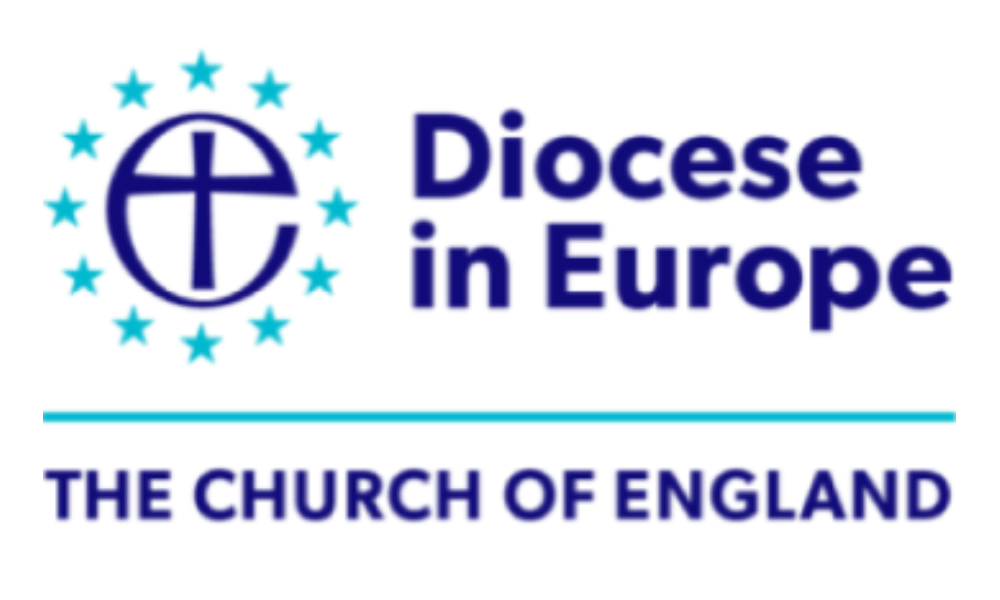Service for the Fourth Sunday of Advent – 24th December 2023
Welcome to Saint Paul’s especially if you are here for the first time or visiting Athens. The presiding priest is Fr. Terry Hemming, who is also preaching. The deacon is Deacon Christine Saccali.
Entrance Hymn: Introit: 2 (St Gregory) Creator of the stars of night
Priest: In the name of the Father, and of the Son, and of the Holy Spirit. Amen
The Lord be with you.
All: and also with you
Lighting of the Advent Candle
People of God prepare!
God above, maker of all,
Is one with us in Christ.
Maranatha!
Come Lord Jesus!
God the mighty God,
Bends down in love to earth.
Maranatha!
Come Lord Jesus!
God with us, God beside us,
Comes soon to the world he has made.
Maranatha!
Come Lord Jesus!
We are God’s children,
We seek the coming Christ.
Maranatha!
Come Lord Jesus!
The priest then welcomes the people of God and the deacon then leads us into Confession.
Priest: When the Lord comes, he will bring to light the things now hidden in darkness and will disclose the purposes of the heart. Therefore in the light of Christ let us confess our sins.
A period of silent stillness follows
Deacon: Turn us again, O God our Saviour, and let your anger cease from us.
Kyrie eleison
All: Kyrie eleison.
Deacon: Show us your compassion, O Lord, and grant us your salvation.
Christe eleison
All: Christe eleison
Deacon: Your salvation is near to those that fear you, that glory may dwell in your land.
Kyrie eleison.
All: Kyrie eleison
Absolution we hear the words of God’s forgiveness to those who are truly penitent
Almighty God, who forgives all who truly repent, have mercy upon you, pardon and deliver you from all your sins, confirm and strengthen you in all goodness, and keep you in life eternal; through Jesus Christ our Lord. Amen.






